Tribe to reopen Lac du Flambeau roads in temporary deal
On March 11, officials with the town of Lac du Flambeau accepted the Lac du Flambeau tribe's offer to remove barricades blocking several roads for 90 days in exchange for $60,000 as negotiations continue.
Associated Press
March 13, 2023 • Northern Region
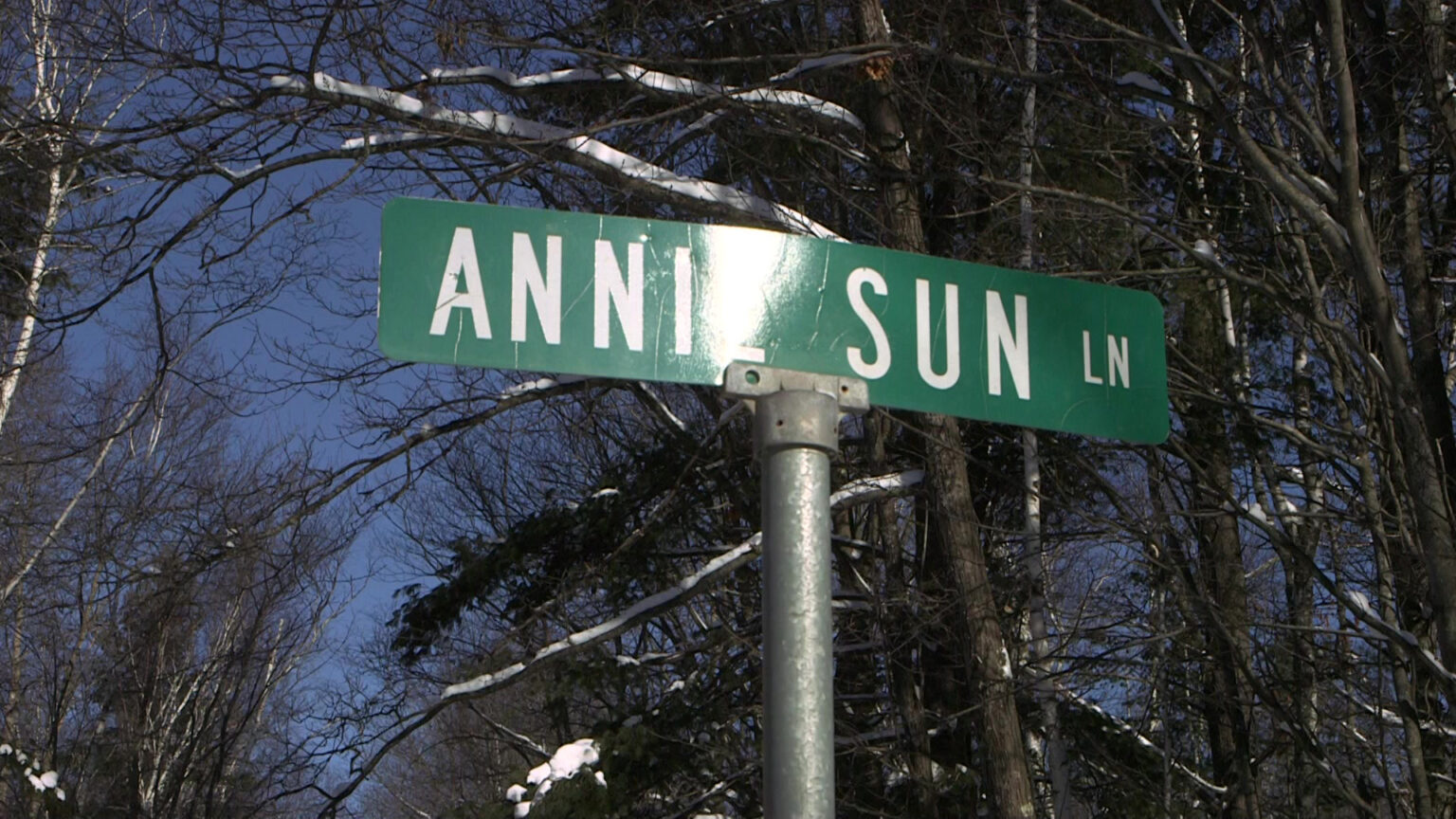
Annie Sun Lane was one of four roads that the Lac du Flambeau tribal government placed barricades. On March 11, the town of Lac du Flambeau and the Lac du Flambeau tribal government reached an agreement to temporarily reopen the roads. (Credit: Courtesy of WJFW-TV)

LAC DU FLAMBEAU, Wis. (AP) — A Native American tribe and a northern Wisconsin town have reached an agreement under which the tribe will temporarily reopen four barricaded roads that are the subject of a decadelong dispute and a recent lawsuit.
Officials with the town of Lac du Flambeau on March 11 accepted the Lac du Flambeau tribe’s offer to remove barricades blocking the roads for 90 days in exchange for $60,000 as negotiations continue for a more permanent solution, the Green Bay Press-Gazette reported.
On Jan. 31, tribal officials barricaded the roads, which traverse tribal land, cutting off non-tribal residents who live on about 65 properties from the only access for vehicle traffic to their homes.
Tribal officials said the easement agreements for the roads expired more than 10 years ago. They argue that the federal Bureau of Indian Affairs and the title insurance companies that handle the properties had not negotiated in good faith to extend the agreements.
Tribal Chairman John Johnson had previously said residents had been trespassing on illegally built roads on tribal lands and the tribe needed to safeguard what little land it has left.
Gov. Tony Evers wrote to the Bureau of Indian Affairs, the title insurance companies and tribal and town officials, urging them to come to a resolution.
A law firm representing many of the non-tribal residents sued the tribe on Feb. 28, demanding the roads be reopened. The lawsuit alleges the tribe “took the law into their own hands and illegally barricaded public roadways, despite the fact that they must be ‘open and available to public use’ under federal law.”
But a federal judge disagreed with that assertion and denied the residents’ request. The judge also questioned if the federal court has jurisdiction to issue an injunction on tribal land.
Since the barricades went up many residents have been using snowmobiles to travel across woods and frozen lakes to get supplies, but that ice will begin melting soon.
Marti Hunt, one of the affected residents, called the temporary agreement a short-term fix.
“We have a way out when the ice is no longer safe to cross, but it does not solve the long-term problem,” Hunt added.
 Passport
Passport




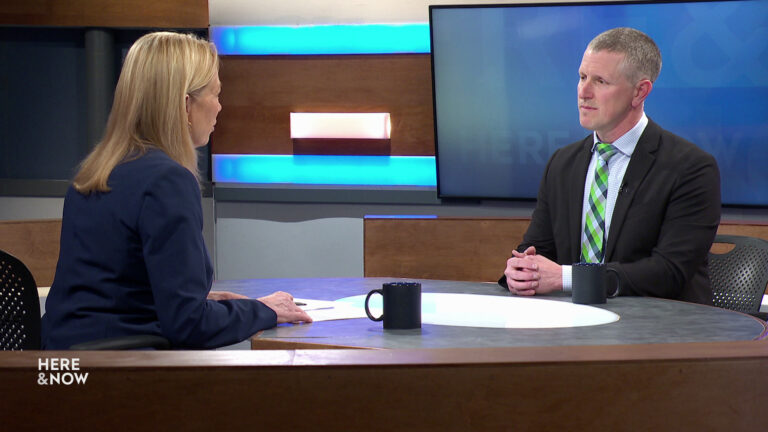
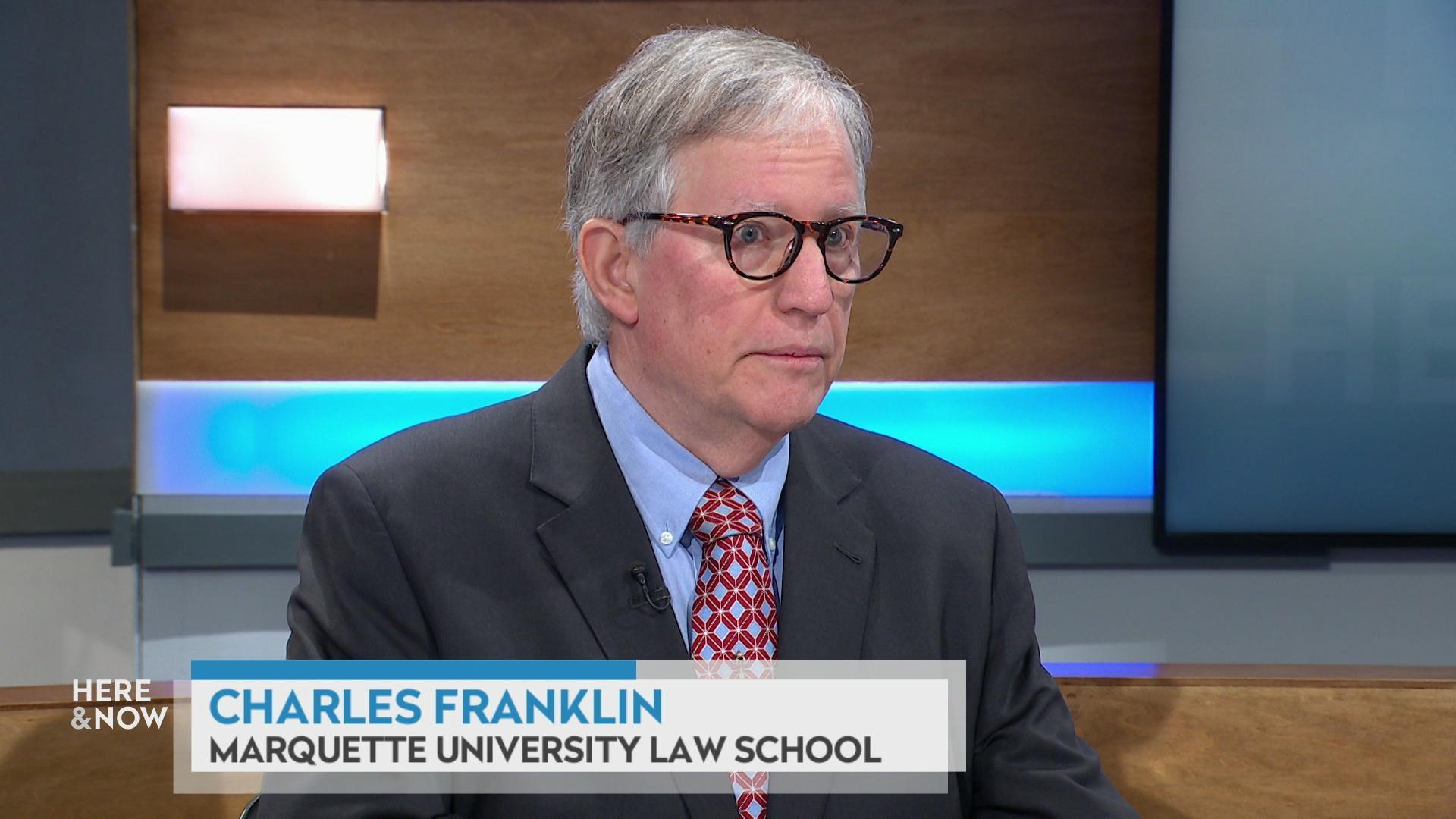
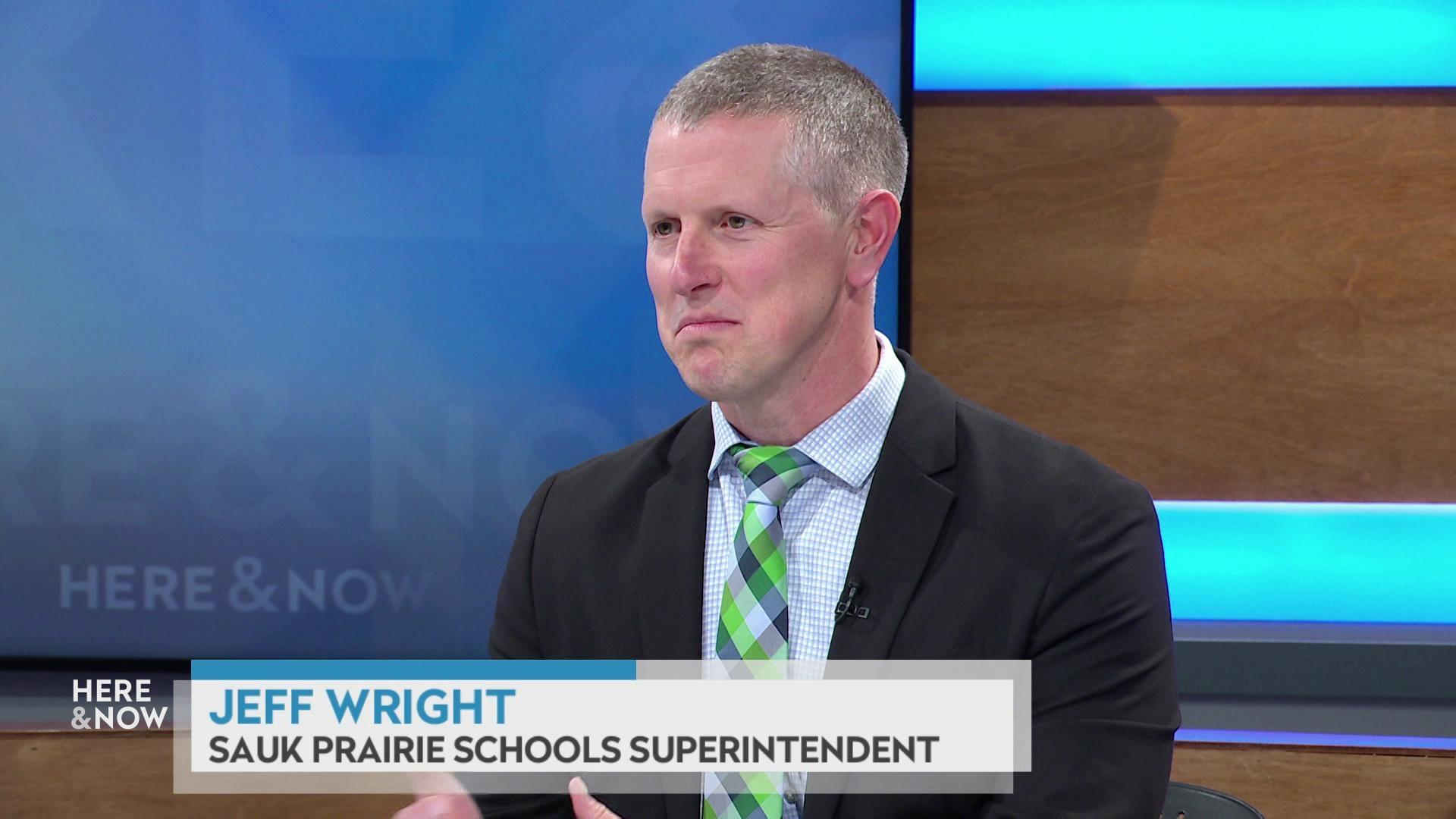
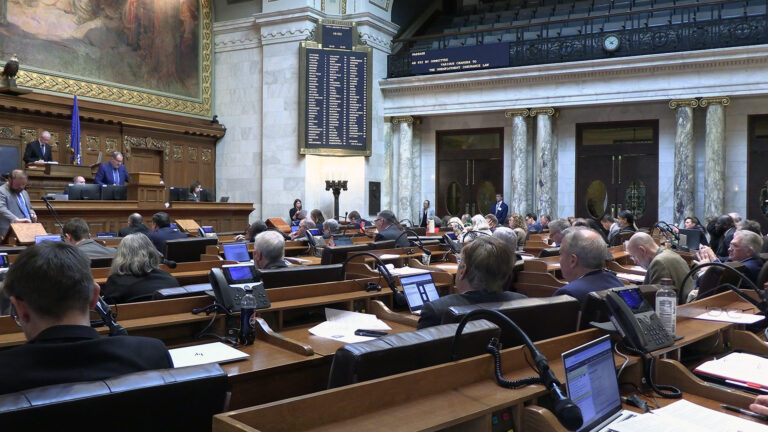

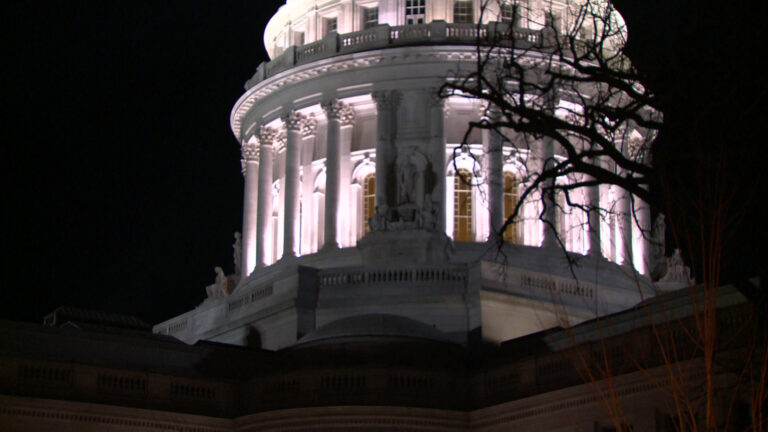

Follow Us